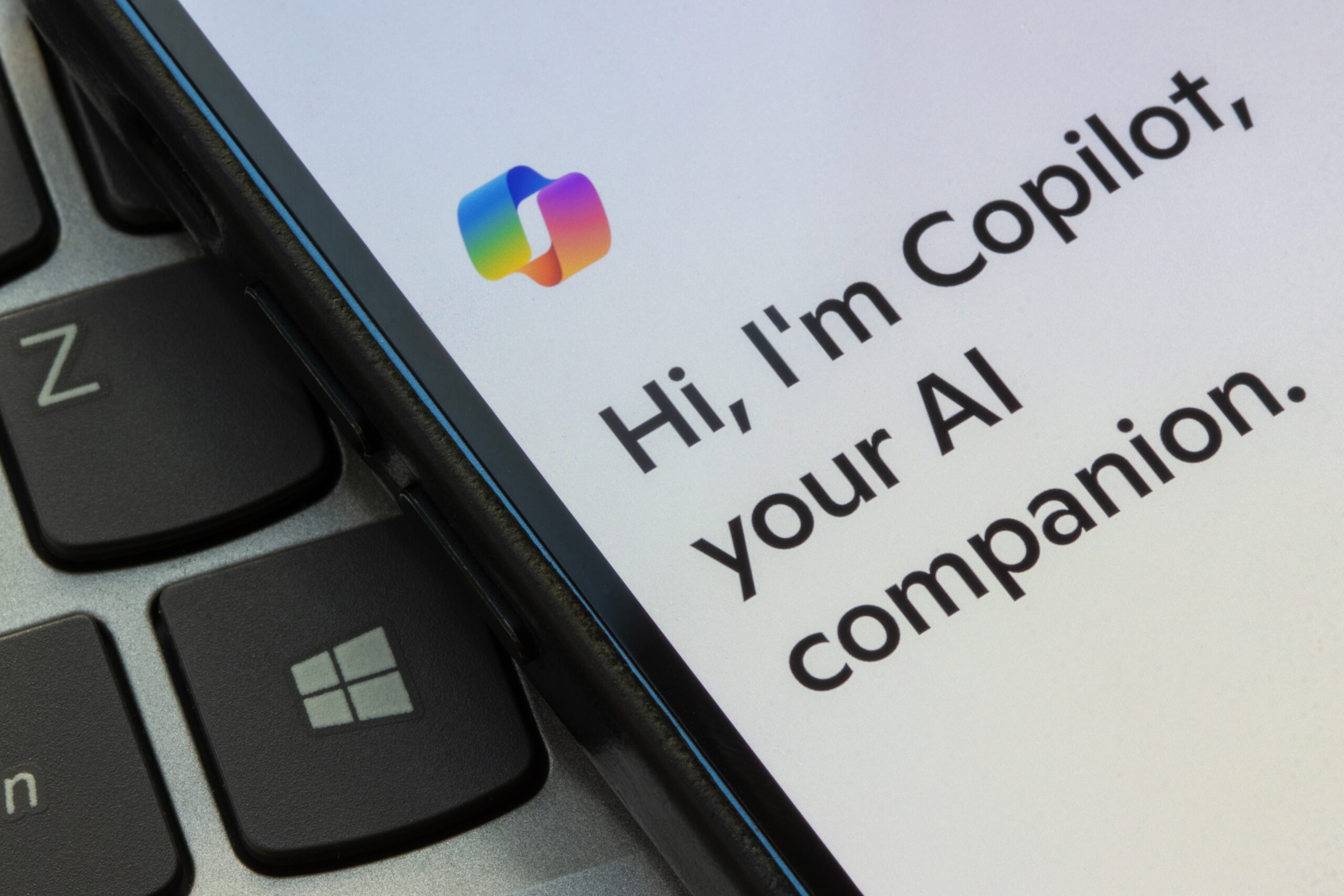In healthcare, fast and accurate data processing is crucial not only for efficiency, but more importantly for providing better care to patients. However, many healthcare organisations struggle with disparate processes that are either paper-based or managed using outdated systems. These obstacles slow down the work of clinical teams and negatively impact patient care and treatment.

Healthcare teams working on the frontline understand the need for change better than anyone. That’s why health services in the UK are increasingly looking to digital solutions to enable them to use time and resources smarter. Low-code application development platforms are playing a key role in this transformation.
These low-code and no-code solutions allow you to create applications using pre-made templates and the simple drag and drop principle. With the Microsoft Power Platform, users can quickly build applications tailored to their needs and deploy them to the front line in a matter of weeks or even days.
The adoption of low-code technology has been partly fuelled by a growing shortage of developers in all sectors. Low code development allows anyone, regardless of experience, to use technology effectively and become a problem solver.
Aimee Wilde, head of the healthcare sector at Microsoft, says that in healthcare services such as the NHS, most low-code solutions are developed by “fusion teams”, which are a combination of professional developers and staff often referred to as “ordinary developers”. This combination can often help reduce the workload and backlog for senior developers and IT professionals, allowing them to focus on more complex challenges.
One of the main advantages of low-code development is speed. “You’re talking about getting from concept to solution to roll out in days and weeks versus months and years,” says Wilde (“You’re talking about getting from concept to solution to roll out in days and weeks versus months and years”).
As an expert in implementing low code solutions, Evenaut has even more to offer. Thanks to its deep knowledge and experience, Evenaut is able to not only implement Power Apps efficiently, but also optimize the costs associated with operation to a level that the average user of these technologies cannot reach.
The COVID-19 pandemic has not only accelerated innovation in this field, but also opened the eyes of services and trusts to the true potential of these solutions. Wilde notes that Power Apps, which were used to handle situational reporting during the pandemic, quickly proved their value.
Low-code platforms are and will increasingly be at the centre of the digital transformation of healthcare services. They are having a major impact on patient experience, treatment outcomes, operational outcomes, cost savings, clinical experience and much more. “If you ask a doctor in the NHS or a junior doctor what their main problem is, most will say administration,” says Wilde.” If low-code and no-code developments can reduce administration by at least 10 percent, that means more time with patients. And that’s going to have a huge impact on healthcare services.”






